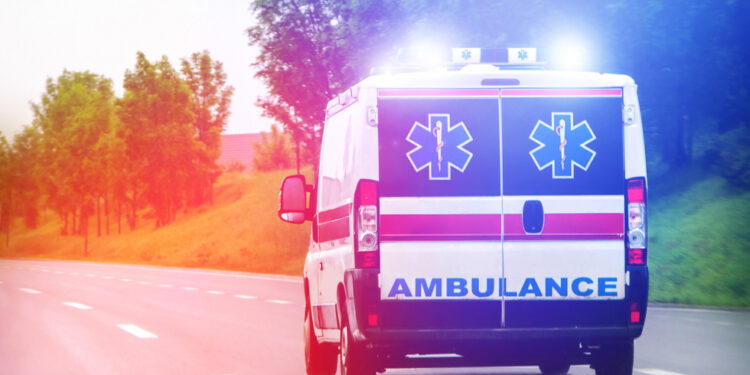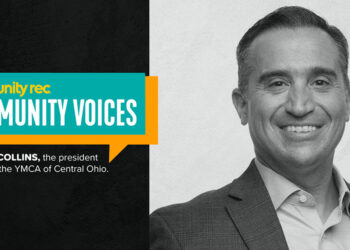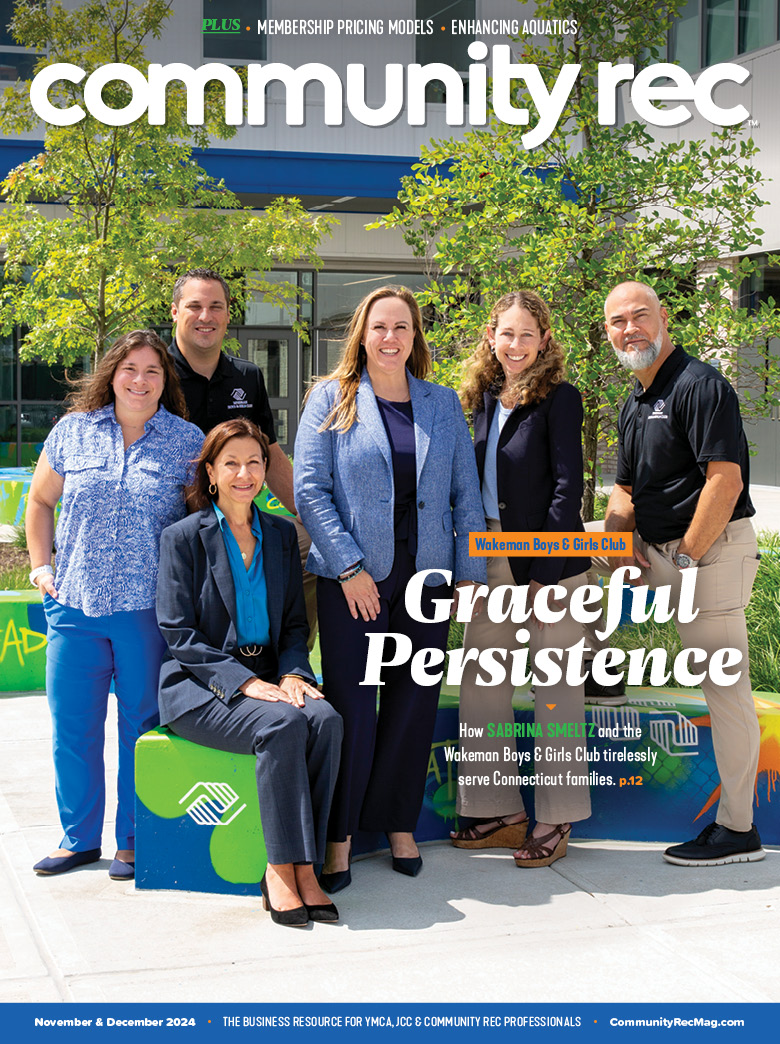Safety is one of the highest priorities of any community rec center, and a critical measure to take is being prepared for a health emergency.
Any incident involving a health emergency — heart attacks, serious injuries from workouts, or severe illnesses — can be very alarming and often unpredictable, so all facilities should have the right protocols in place to safely and effectively handle any situations that arise.
And just as important is placing an emphasis on educating staff and members how they can best respond when such a situation arises, no matter how jarring it may be in the moment.
For more insight into the importance of health emergency protocols and how to implement these programs in a community recreation environment, we spoke with David Lewis, the general director and CEO of the Prattville YMCA, about how his facility handles health-related emergencies:
What protocols do you have in place for health-related emergencies?
DL: All of our front-line workers, lifeguards and day camp staff members are CPR and AED trained. We require First Aid training for most of these personnel as well.
How do you educate your staff on these procedures?
DL: We have staff members participate in Red Cross CPR and First Aid training sessions.
Were there any challenges in implementing them?
DL: A couple of challenges were just taking the time to manage the process of tracking certifications, as well as paying our staff for training time.
How do you educate members on emergency protocols?
DL: We have signage up in visible locations throughout our buildings to let them know what to do in case of an accident or emergency.
Any other advice for health-related emergency protocols?
DL: Have a protocol and place emphasis on it throughout various times of the year. Reminder emails are always great for additional education.










